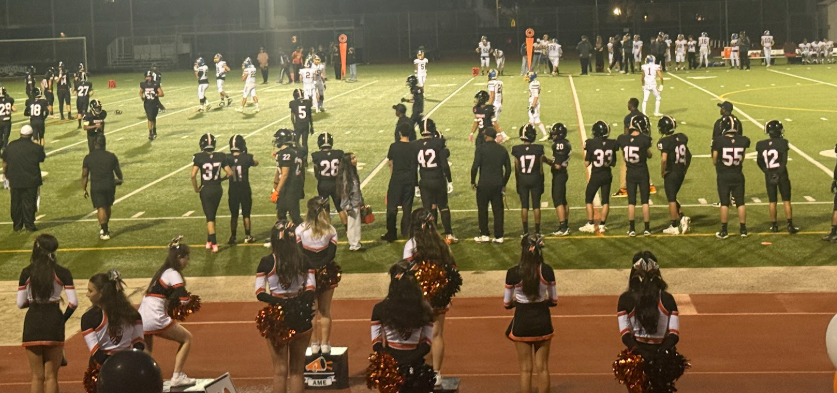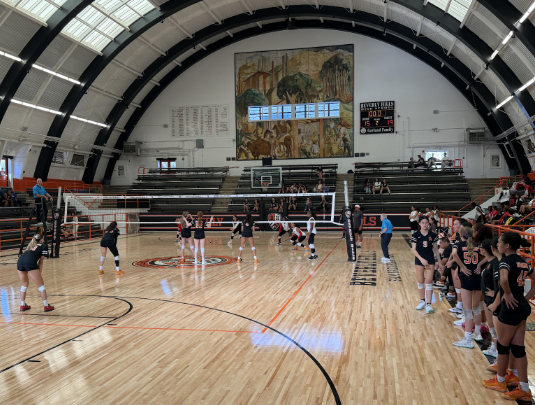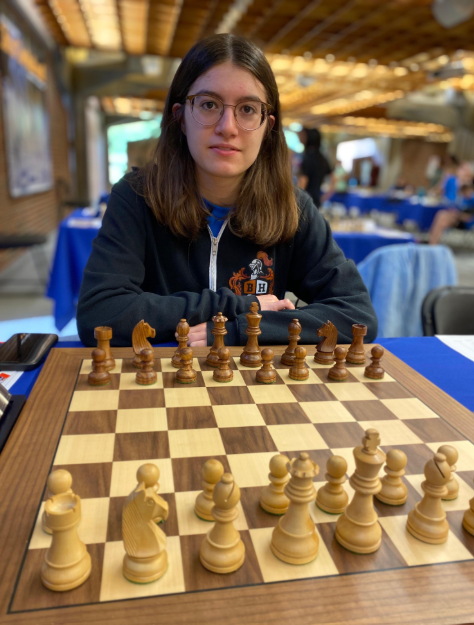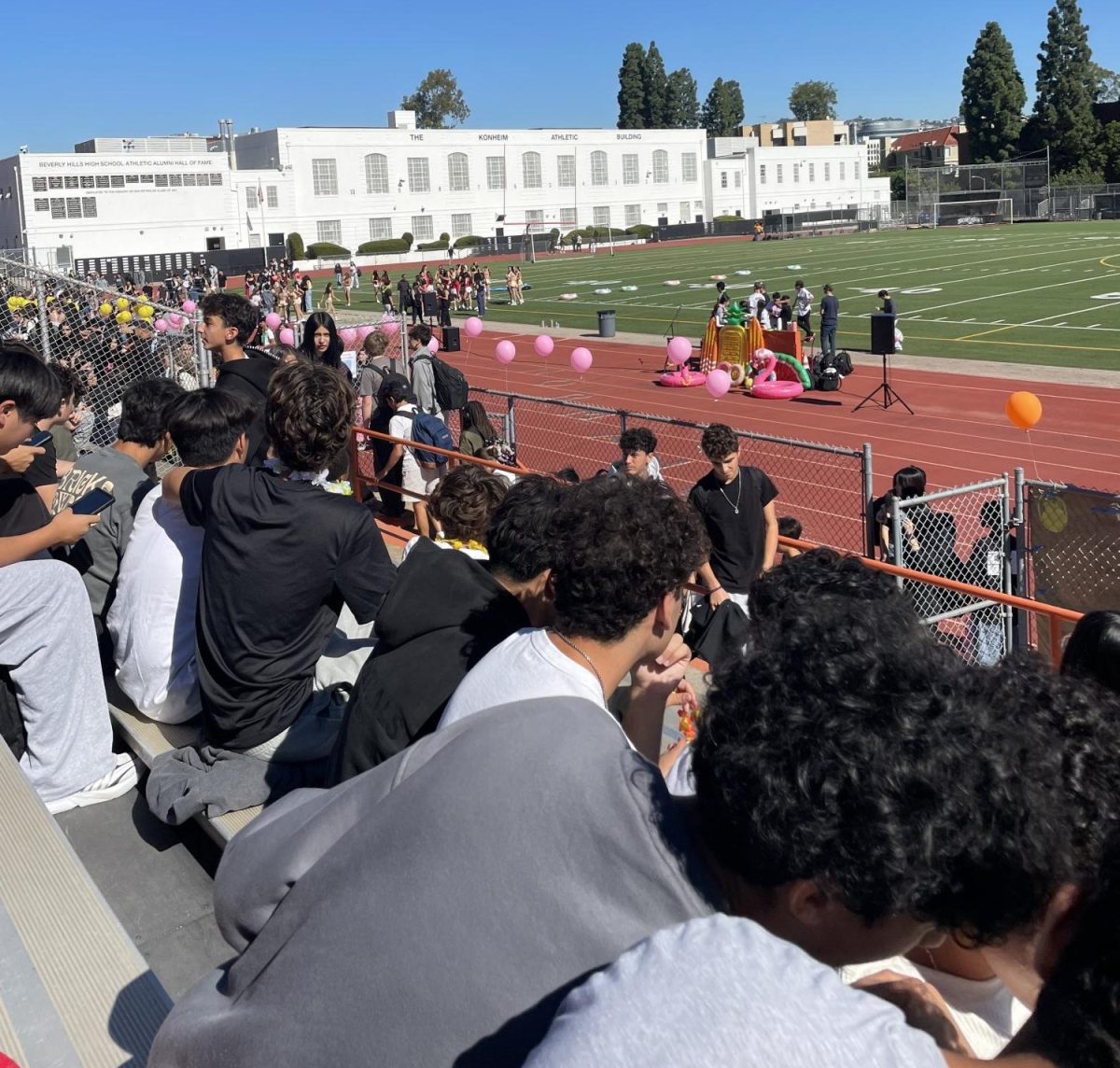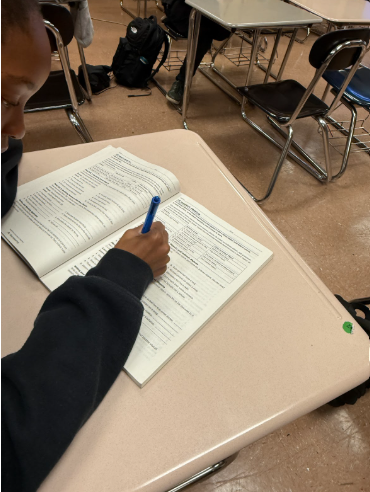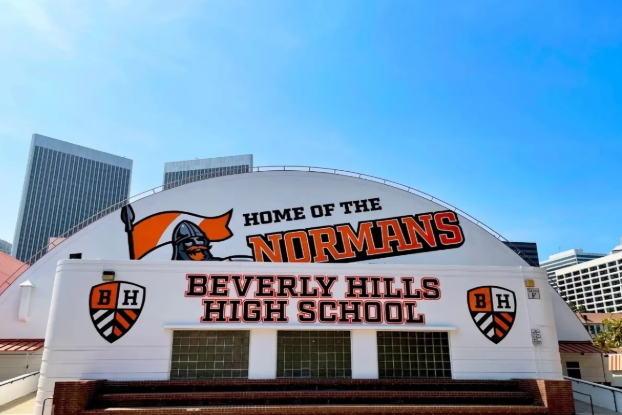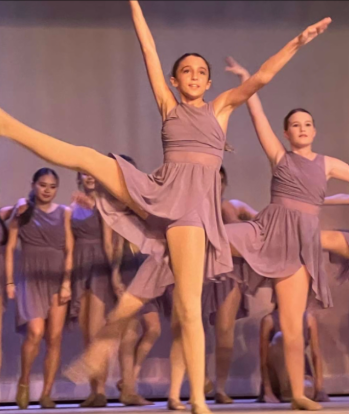Nirav Desai, staff writer
“March Madness” used to be sane. Originally referring to the simple unpredictability of the single-elimination NCAA basketball tournament, the phrase has joined the likes of “literally,” “dying” and “literally dying” as terms that have seen their meanings altered since the advent of the Internet. Previously, die-hard fans cried, stressed and cheered as players persevered through trying circumstances to triumph over their fellow student-athletes. Now, anybody who has Wi-Fi, or the password to somebody else’s Wi-Fi, can cry, stress and cheer as his or her personal bracket perseveres through trying circumstances to look better than the personal brackets of friends, frenemies and vague acquaintances.
The bracketology wave, spawned in the mid-1990s, visits Beverly with an annual engulfment of many in the student body. Josh Khalili, a senior, began filling out brackets last season, and is currently in third place in his 25-person league.
“My bracket has done relatively well compared to others in the league, getting 42 out of 60 picks right. I do usually do well when I fill out brackets, and it is often a habitual thing considering I’ve always been good at predicting sports outcomes. Another resource that makes it easy is looking into what analysts predict, but don’t just copy them because often they are wrong,” Khalili said.
This consistent failure of expert-analysts to predict every game perfectly is likely due to the fact that the odds of an entrant crafting a perfect bracket are roughly one-in-nine quintillion. This leads many hopeful people across the country to develop often-quirky strategies in an attempt to find order in an intentionally chaotic system.
“Almost every year I’ll pick at least two 12th-seeded teams to beat fifth-seeded teams, two 9th-seeded teams to beat eighth-seeded teams, and two 11th-seeded teams to beat seventh-seeded teams,” Khalili said.
Still, competitors in even the most serious of leagues agree that being fortunate enough to briefly taste success with a March Madness bracket is likely the effect of just that: good fortune.
“I like that my bracket was strong, but I think it doesn’t really feel like anything considering anyone can have a crazy bracket due to the randomness of the tourney. Just review a prediction website like FiveThirtyEight or Bleacher Report, and have fun picking the colleges you like. Last year I picked UCLA going to the Sweet Sixteen just because I like UCLA, and it turned out to be my future alma mater, little did I know,” Khalili said.
Fellow league competitor Trevor Atamian, a senior, concurred with Khalili’s assessment, saying, “There is no winning formula for choosing teams so my chance of doing well is honestly luck. This is actually the first year my bracket is doing well. I started the first day making seven out of eight picks being right.”
March Madness brackets’ air of arbitrariness stems from the low probability that bracket-makers will actually watch college basketball before the NCAA tournament.
“I don’t really watch NCAA basketball but I have some background of NCAA tournament experience from coaches and players that have seniority over other teams,” Atamian said. Khalili agreed, saying, “I never watch NCAA basketball before March Madness, and I recommend others don’t either because it really won’t help.”
Still, this inexperience does not seem to get in the way of students’ love for the tournament.
“I love March Madness. It really is the best time to watch basketball other than the NBA finals,” Atamian said.
March Madness mania among students makes mark
April 4, 2016
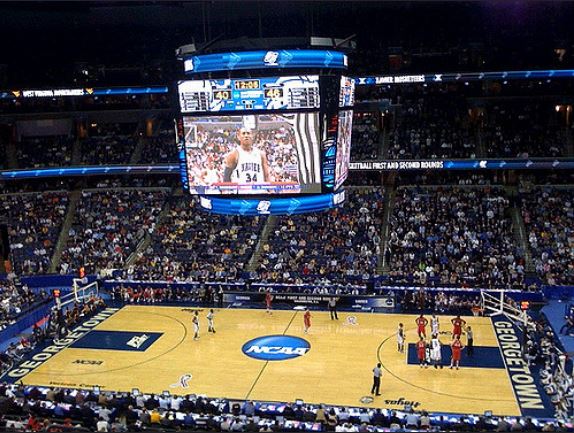
Xavier battles Georgia in the 2008 NCAA Tournament, a game in which the underdog Georgia team almost carried on the rich tradition of busting Americans’ brackets. Photo contains no modifications and is owned by Todd Wickersty. (Creative Commons/Flickr).
0
Donate to Highlights
$125
$1000
Contributed
Our Goal
Your donation will support the student journalists of Beverly Hills High School. Your contribution will allow us to purchase equipment and cover our annual website hosting costs.
More to Discover







